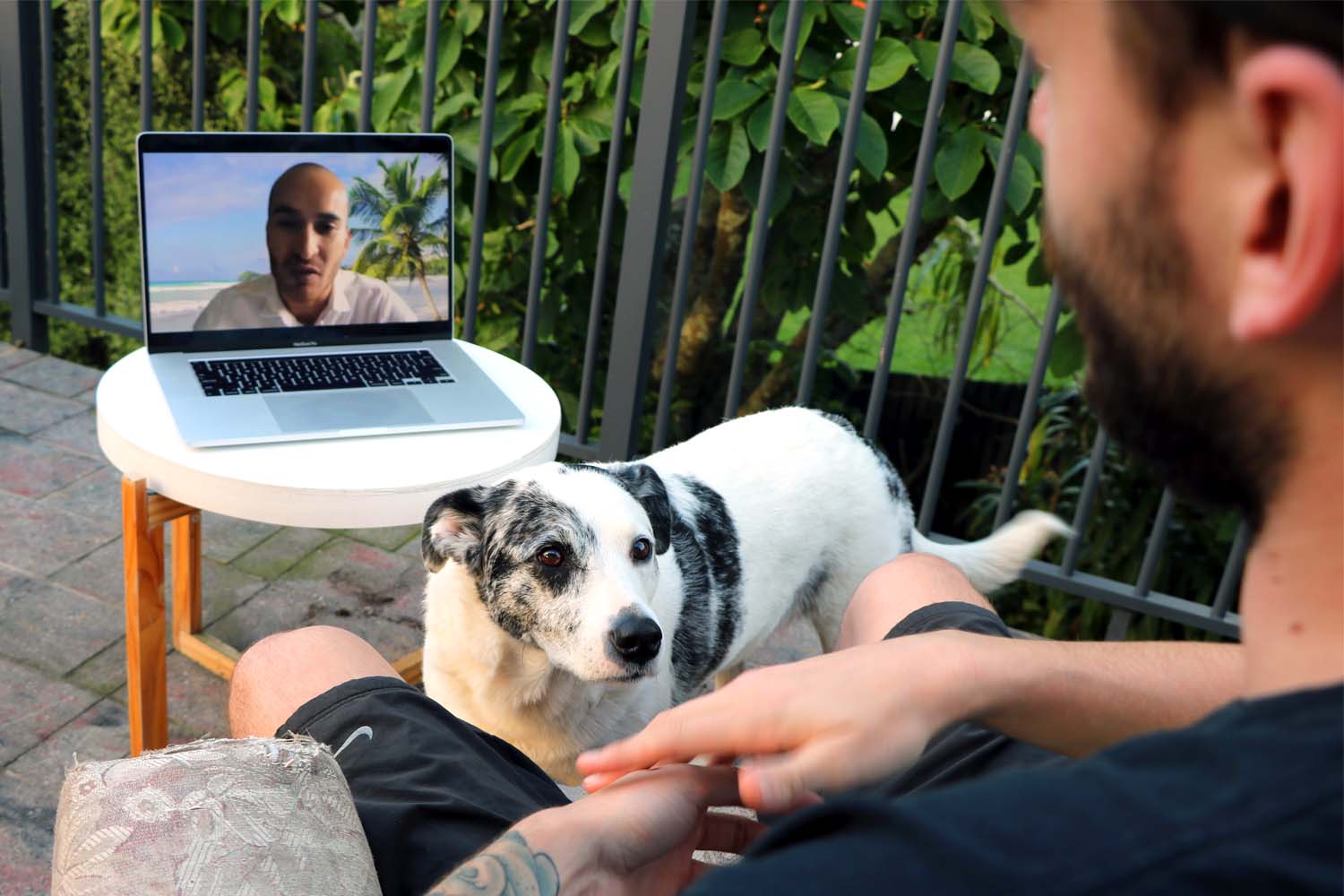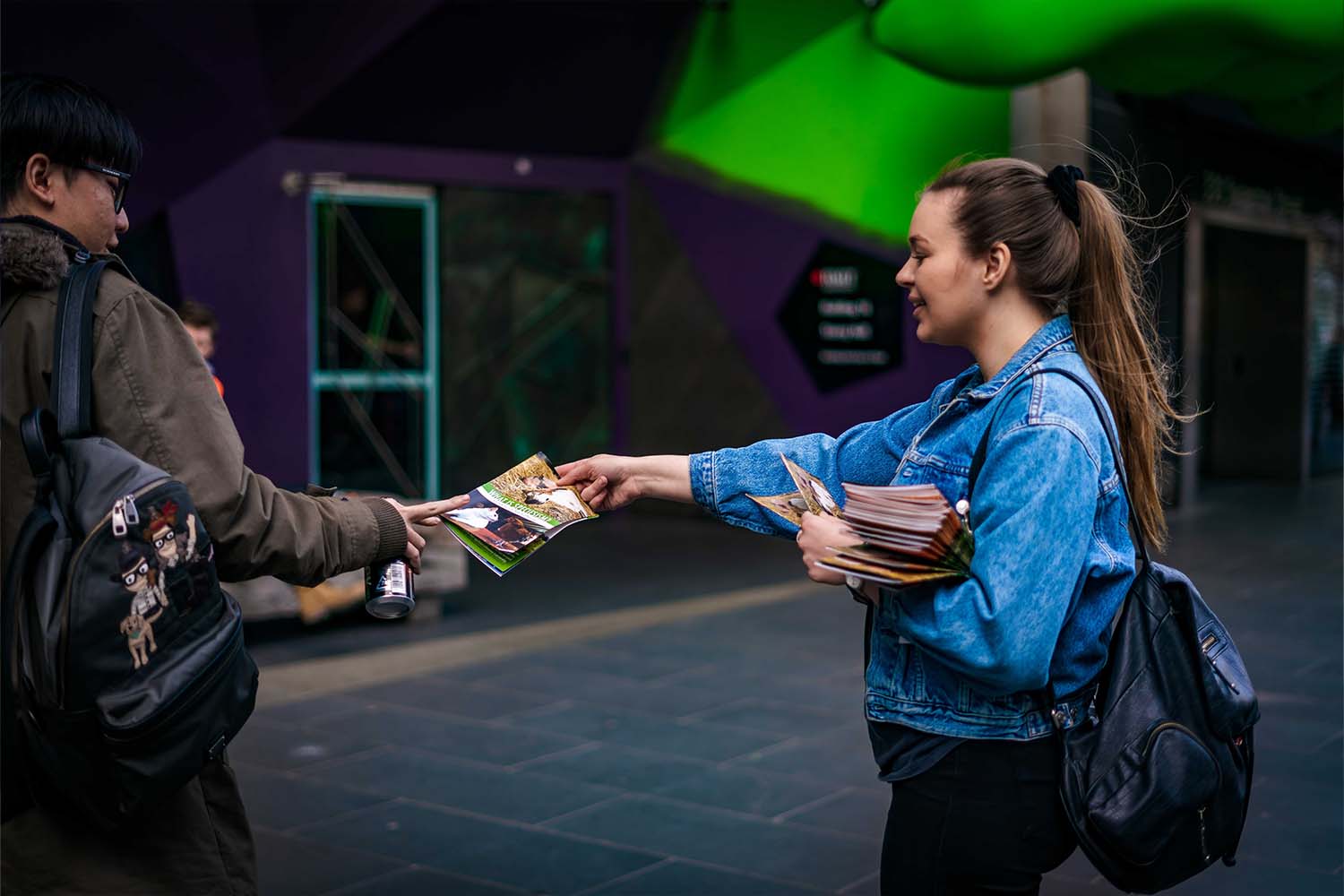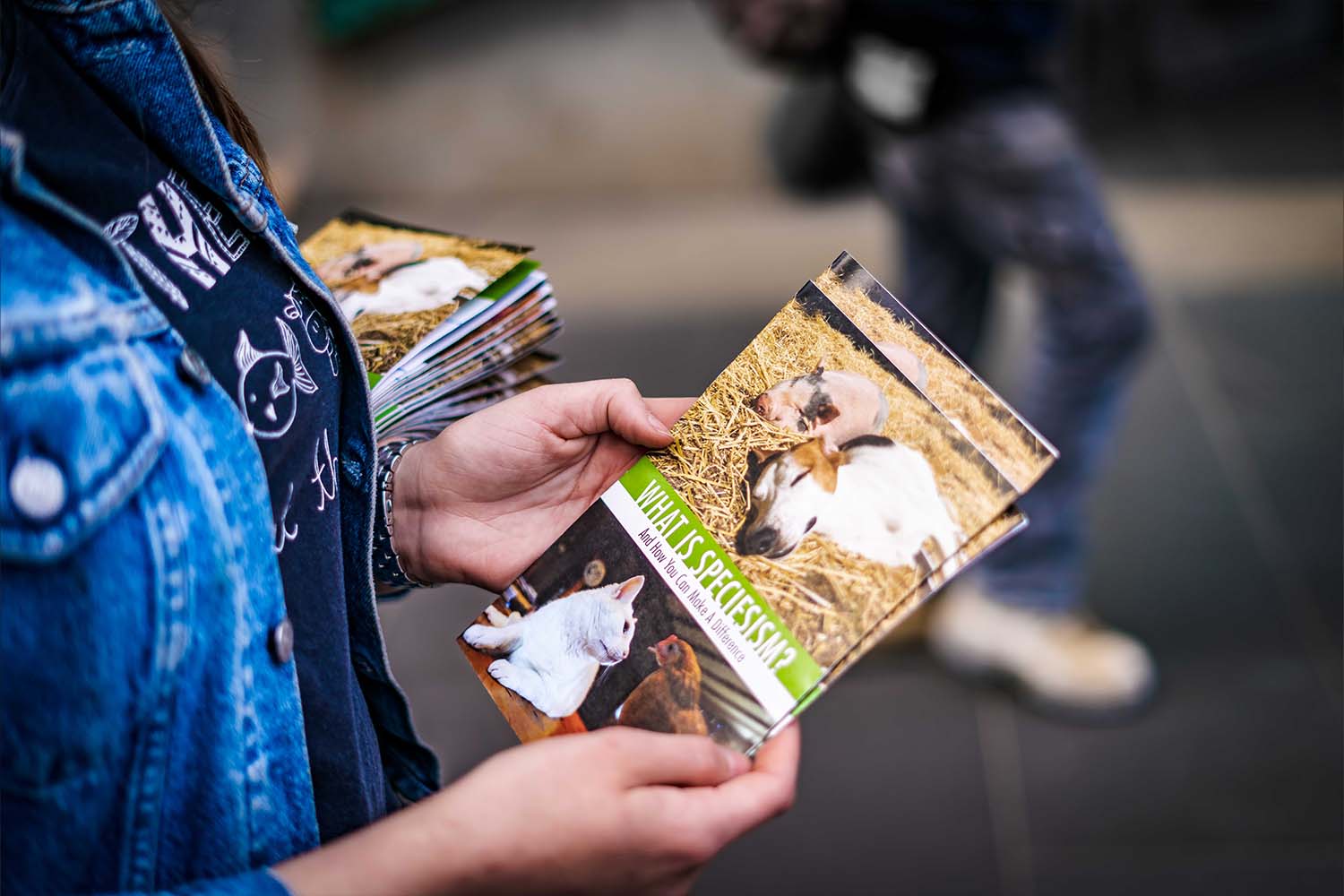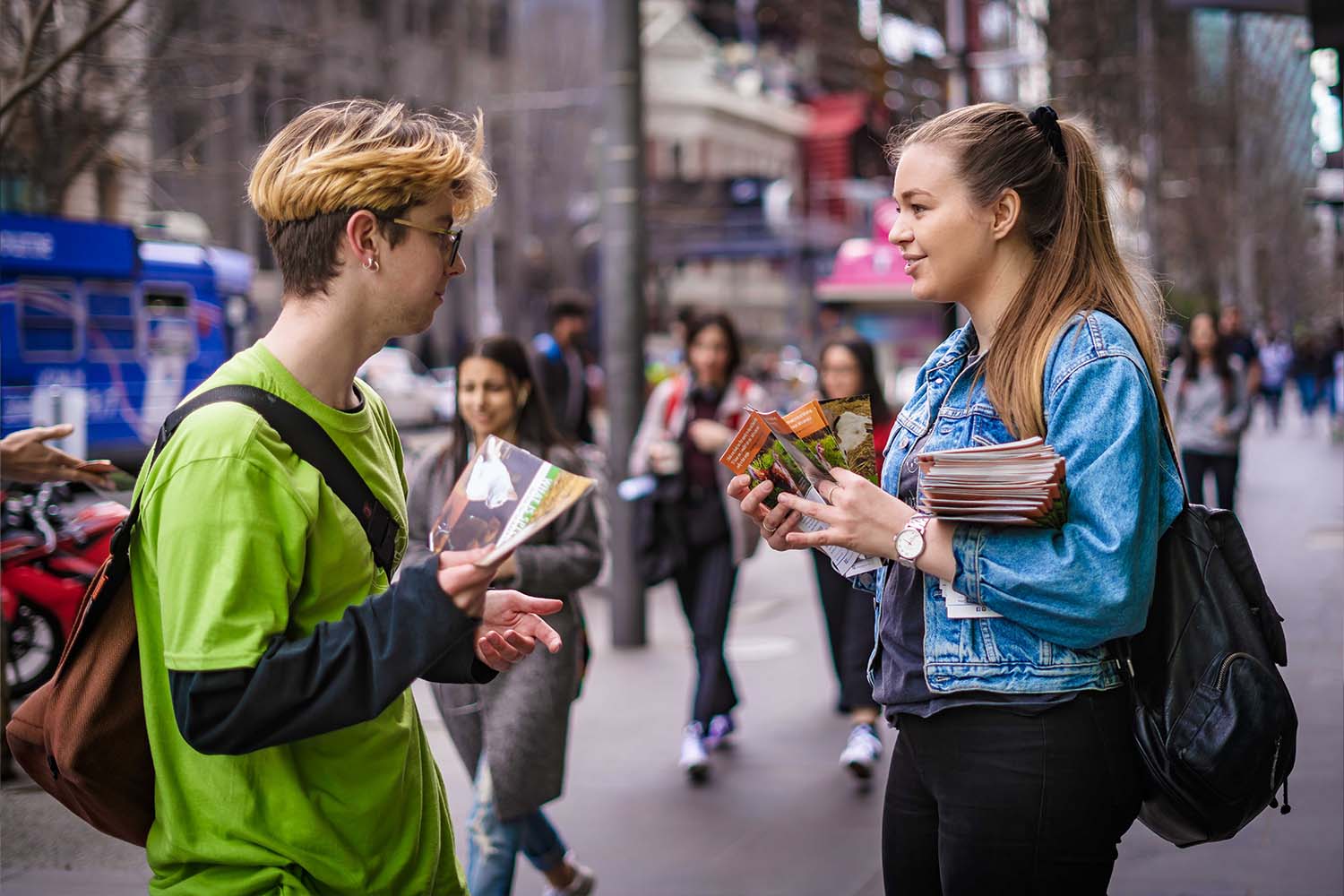Finding profit & purpose in the pandemic: when social isolation meets social media
Whilst most of us spent our time during lockdown mindlessly scrolling TikTok or binge watching Netflix, Jay Doyle was using his time to start an online business.
“It all really started when I was locked down in Auckland last year during our first lockdown in the COVID pandemic.” said Jay. He decided he wanted to make the most out of the opportunity that more free time at home presented him.
“It’s not how many hours you have in the day is what you do with those hours”.
Jay had been working as a sales manager from home at the time when he decided to start his social media marketing agency Social Gorilla.
Social Gorilla provides Facebook and Instagram ad management services to local businesses and works with other agencies like Creative Compass to create social media content.
What started in a single bedroom apartment in Auckland has now blossomed into a six-figure business.

Jay is one of the many people who have taken advantage of the growth in the online economy that New Zealand has experienced during the pandemic, with last years online spend seeing a $1.2 billion rise compared to 2019.
Jay predicts that the online industry will continue to grow in a post-pandemic world now that the world has got a taste for it. He sees social media being at the forefront of that growth.
“If you’re not using any form of digital marketing in this day and age, you’re definitely being left behind by your competitors”
Recent changes in the iPhone’s operating system have proved to be a challenge for digital marketers though. Apple has given users the ability to “opt out” of tracking, which means it’s now much harder for social media marketers to know when an ad has been successful.
Because the data from iPhone users isn’t showing up in the Ad Manager, this can give the appearance of an ad looking like it’s less successful than it actually is and as a result, social media marketers are not getting credit for all of the sales that they bring to their clients.
Social media for charities and nonprofit organisations
Maddie Davis has also been working in social media during the pandemic. Her job involves moderating a Facebook group for a nonprofit animal rights organization called Vegan Outreach. Whilst the iOS update hasn’t affected her work, she says that nonprofits have their own problems navigating social media.
“There’s been a push on sponsored content over organic reach. It’s not as possible for nonprofits to promote posts so we rely more on authentic engagement from people who follow our pages, which is difficult if people who already support us aren’t being shown our content.”

Maddie says it’s not all bad news for charities though. She says that social media has helped them to fundraise and spread awareness for important causes, but because organic reach is so restricted on Facebook, it remains much harder for nonprofits to do that than it is for businesses running advertisements.
Still, there are steps that you can take to increase your organic reach without paying for ads.
“My advice for non-profits trying to grow their impact through social media is to have high quality content that’s informative, insightful and inspiring. Making content that’s shareable will increase the number it can reach. To further charity support, it’s also important to show the positive difference that’s being made by sharing stories or progress.”
Social media has become increasingly important for charities in recent times during the pandemic. Whilst Vegan Outreach has traditionally focused their activities on public outreach like handing out leaflets at university campuses, they’ve had to significantly shift their focus in many countries due to lockdowns.

“Not being able to do public events, it’s definitely made us more reliant on social media to be able to reach people. Particularly for sign ups to the 10 Weeks to Vegan email series, we’ve been running ads on social media platforms to target people who may be interested in the program. Usually we would do a combination of online and street outreach, so during this time we’ve solely had to rely on social media.”
Social media presents unique challenges and opportunities for nonprofits and businesses alike. Constantly changing algorithms and hardware incompatibilities have forced users to adapt in a process that has been rapidly accelerated by the pandemic. It looks like that acceleration will only continue with the rebranding of Facebook to Meta signalling what some are calling the beginning of a Web 3.0. metaverse. This is where augmented and virtual reality will become increasingly commonplace and woven deeply into the structure of social media.
“Augmented reality will become more prominent in the coming years, which will probably change a lot of how we interact with social media. At Vegan Outreach we’ve used virtual reality headsets during in person events, where people experience the perspective of life as a farmed animal for a few minutes, so it’ll be interesting to see what ways new technology can be used to connect further with people! It’s important to adapt with new social media features or platforms, to continue reaching and connecting with the public.”





